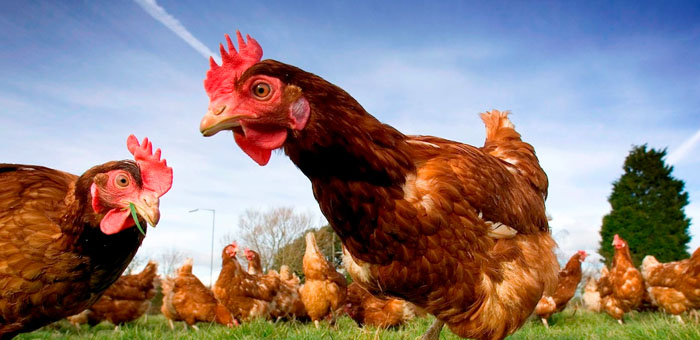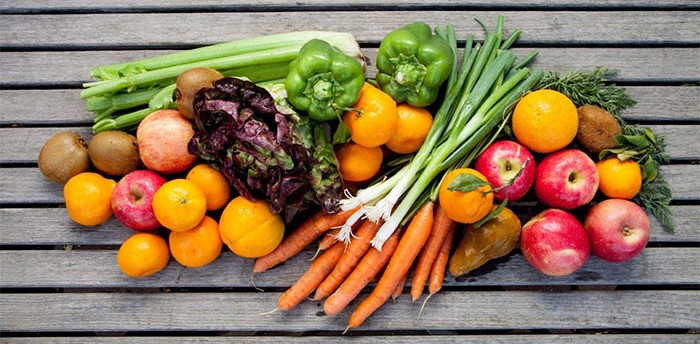As a food truck owner, are you purchasing naturally raised steak or grass fed meat, when you are purchasing fresh chicken, do you know what are you really getting?
Know What You Are Purchasing For Your Food Truck
The Department of Agriculture (USDA) and Food and Drug Administration (FDA) regulate these and hundreds of other terms on the food labels of the products you purchase. Manufacturers and suppliers can use terms like “fresh” if their products satisfy the government’s definitions.
- Free Range: Free range chickens, cows, and other animals must have been allowed continuous, free access to the outdoors for more than 51% of their lives. Of course, what counts as “access” is a bit unclear
- Naturally Raised: The Agricultural Marketing Service (an agency within USDA) allows meat to be marketed as naturally raised only if raised entirely without growth promotants and antibiotics (except for ionophores used as coccidiostats for parasite control) and never fed animal byproducts. So, yes, naturally raised cows may be given antibiotics.
- Fresh: Poultry is considered fresh only if its internal temperature never has been below 26 degrees Fahrenheit.
- Local: Local produce generally isn’t regulated just yet, though locally grown produce sold at a farmers market means produce grown within a state’s borders or border areas of adjacent states. That’s a long ways in California, but pretty close if you are in Vermont.
- rbGH: The FDA has determined the synthetic growth hormone rbGH doesn’t pose any threat to humans. And, because cows produce a natural version of rbGH, manufacturers: (1) can’t label milk products as rbGH free; and (2) if they state no rbGH has been added, must include a disclaimer that “no significant difference has been shown between milk derived from rbGH-treated and non-rbGH-treated cows.” The EU, Australia, Canada, and Japan disagree with this last statement – each has banned the use of rbGH.
- Fair Trade: Certification by the nonprofit Fair Trade USA indicates the item has been grown under safe working conditions by workers paid a living wage who are guaranteed the right to organize.
RELATED: The Importance Of Having An Organized Kitchen For Your Food Truck
The Bottom Line
The bottom line for you as a buyer is that knowledge is key for understanding what you’re purchasing and eventually serving to your customers. Be sure you ask questions of your suppliers, talk with people in both the mobile food and restaurant industries, and obtain the knowledge you need to ensure that your high standards, concern for guests, and branding messages are being met.
Do you have any other purchasing tips we missed? Share your thoughts in the comment section below or on social media. Facebook | Twitter




